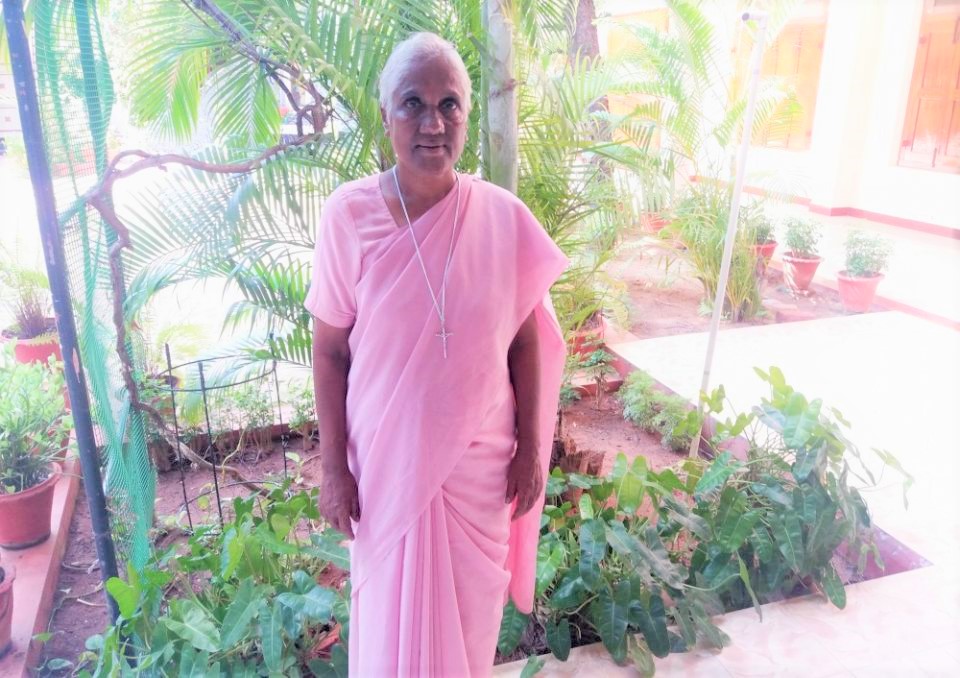
People Who Do the Hard Stuff
“And now for something completely different,” to quote the old Monty Python’s Flying Circus TV show. I think we need a break from references, and blogs, about the pandemic.
So here’s a blog that is motivated by a pet peeve, the misuse and overuse of the term “hero” and “heroic.” I often think that we play footloose and fancy-free with the terms. Large groups of people are now “heroes,” whether or not millions of individuals in those groups are anything near heroic. There’s been an inflation in that term, as with many others, in my opinion.
I’ve mentioned several times in these blogs about my admiration for nuns, whom I believe have taken a bad rap in stereotypes about nuns being naïve, out-of-the-loop and whacking kids with rulers back in the day. (In my elementary school, grades 1-8, the only teacher who regularly used a ruler on kids was the school’s only non-nun teacher.)
Genuinely Heroic
In my experience, the vast majority of nuns are genuinely heroic in the way they live their lives and in the way they sacrifice for others. If you’re going to choose a large group as heroic, I know no other group of people who are more so.
I recently read about such a nun in the “Global Sisters Report” in the National Catholic Reporter, written by Philip Mathew – a journalist based in Bangalore in southern India. It’s worthy of sharing with the readers of this blog. People searching for God, especially we skeptics, need stories like this to see how faith can play out in the lives of believers.
Sister Anthonysami Alphonsa, 64, is a warrior in “the battle to create a casteless and egalitarian society in India,” writes Mathew. A member of the Dalit class herself – the caste that formerly was referred to as “untouchables” – Alphonsa “eats what the people eat, sleeps in their huts, and stays in villages that have no toilets or bath facilities.
“No one has equaled her in her uncompromising battle against casteism and untouchability in society,” he adds. She is especially a champion of the rights of women. “For months,” Mathew writes, “village women (in one town) who passed a bar on their way to church or the Hindu temple suffered the lewd comments flung at them by drunken patrons.”
Sister Alphonsa learned of the bad behavior toward the women, most of them of the Dalit caste. She took on the bar owner publicly. Feeling the pressure, “he threatened Alphonsa with dire consequences if she did not stop protesting his business. Government officials and local politicians also tried to thwart her. She did not falter, however, and, after six months, the owner closed his tavern.”
Dalits form more than 300 million of India’s total population of 1.3 billion, their numbers on par with the population of the United States.
Sister Alphonsa organized Dalit domestic workers who were abused by their male employers. She worked in slums to eliminate a den of sex racketeers who sent young girls to brothels in big Indian cities. She co-founded the Thurumbar Liberation Movement to bring about human dignity, justice and respect for Dalits.
Arrested 8 Times
She fought against customs and traditions that keep the Dalit in inhumane conditions in some villages, including the custom that required a Dalit bride to sleep with her groom only after she had spent the night with the upper-caste village chief. She’s been arrested 8 times and undergone multiple beatings.
Ok, so few of us are nuns and even fewer have what it takes to be a Sister Alphonsa. And we live a long way from India. But all those hard things mentioned by Jesus in the gospels, and those mentioned by Paul in his various letters, are actually implemented, even today, by more people than we might think. They live everywhere, sometimes right next door, and if we let them, they can be an inspiration to us.
Sister Alphonsa is evidently disinterested in proselytizing, by the way. That doesn’t mean she’s not a dedicated Christian. Indeed, the teachings of Jesus, she says, are what motivates her work. I’m reminded of a famous quote attributed to St. Francis of Assisi: “Preach the gospel always; if necessary use words.”



